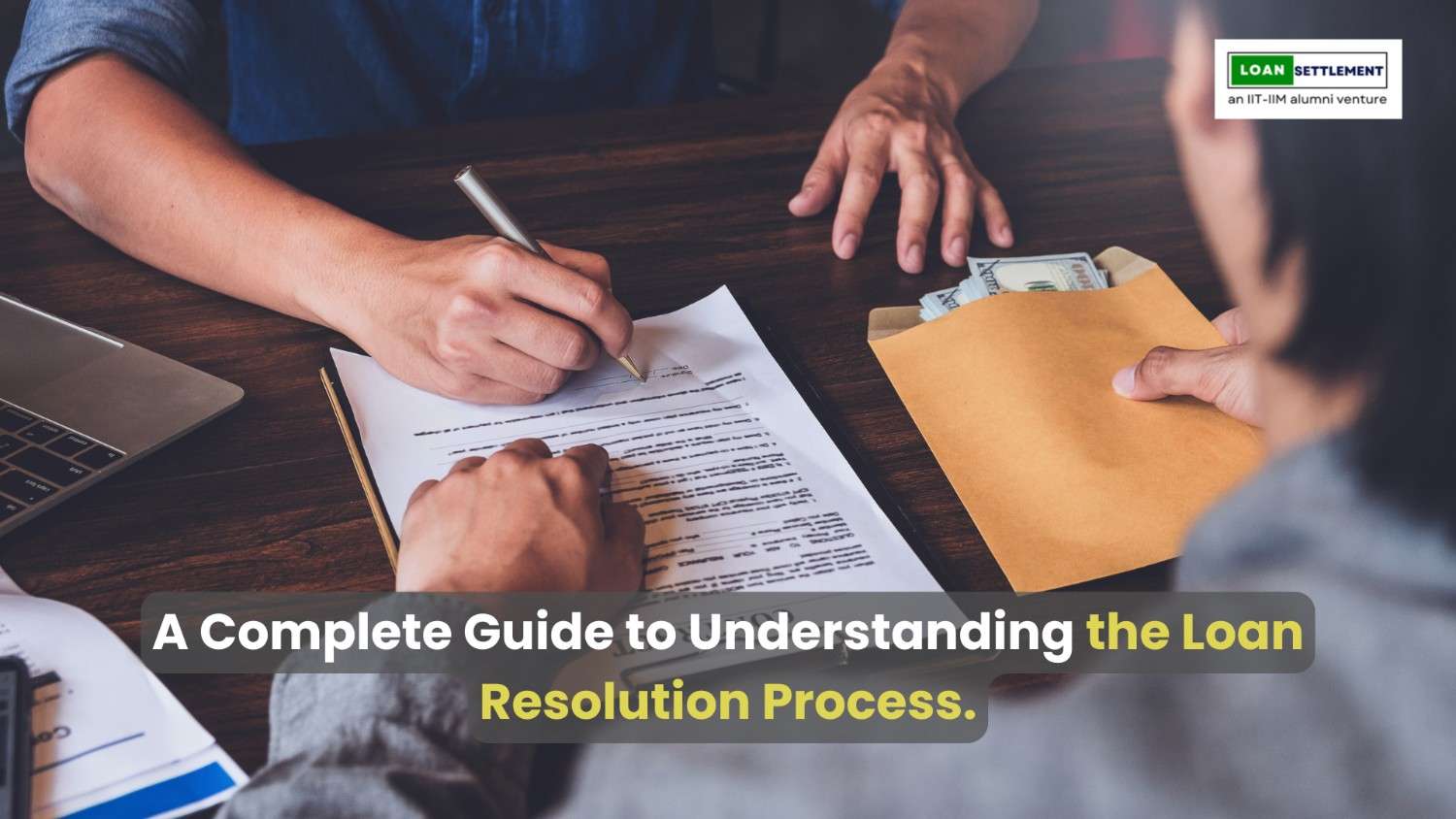· Financial Planning · 4 min read
Financial Planning Tips to Avoid Future Debt Problems
Learn effective financial planning tips to prevent future debt issues. Manage your budget, save wisely, and build a secure financial future with these expert strategies.

In today’s complex financial landscape, avoiding debt problems requires strategic planning and disciplined financial habits. This article outlines comprehensive strategies to help you establish financial security and avoid the pitfalls of unmanageable debt.
Understanding Your Financial Situation
Conduct a Financial Audit
Begin by taking stock of your complete financial picture:
List all income sources: Include salary, side hustles, investments, and other revenue streams
Track all expenses: Fixed expenses (rent/mortgage, utilities, insurance) and variable expenses (food, entertainment, shopping)
Calculate your net worth: Total assets minus total liabilities
Review your credit report: Check for errors and understand your credit score factors
Identify Debt Patterns
Analyze your current debt situation:
What types of debt do you have? (credit cards, student loans, mortgage)
Which debts carry the highest interest rates?
Are there recurring patterns in your debt accumulation?
Do certain seasons or situations trigger increased spending?
Building a Strong Financial Foundation
Create an Emergency Fund
An emergency fund is your first line of defense against debt:
Aim for 3-6 months of essential expenses
Keep this money in a liquid, accessible account
Use this fund only for genuine emergencies
Replenish it immediately after use
Develop a Realistic Budget
A workable budget is essential for preventing debt:
Use the 50/30/20 rule as a starting point (50% needs, 30% wants, 20% savings/debt repayment)
Track spending in each category
Adjust percentages based on your specific situation
Review and revise your budget quarterly
Practice Intentional Spending
Make deliberate decisions about your money:
Implement a 24-hour rule for non-essential purchases
Distinguish between needs and wants
Research major purchases thoroughly
Consider cost per use for items you buy
Smart Debt Management Strategies
Prioritize Debt Repayment
If you have existing debt, tackle it strategically:
Avalanche method: Focus on highest interest debt first
Snowball method: Pay off smallest balances first for psychological wins
Debt consolidation: Consider combining high-interest debts into a lower-interest loan
Balance transfers: Move credit card balances to lower-interest options
Use Credit Wisely
Credit isn’t inherently bad when used strategically:
Keep credit utilization below 30% of available credit
Pay credit card balances in full each month
Be selective about opening new credit accounts
Understand all terms and conditions before agreeing
Negotiate Better Terms
Don’t accept high interest rates passively:
Call credit card companies to request lower rates
Explore refinancing options for mortgages and other loans
Ask about hardship programs if you’re struggling
Consider working with a credit counselor for guidance
Planning for the Future
Set Clear Financial Goals
Having defined goals gives direction to your financial efforts:
Short-term goals (1 year or less)
Medium-term goals (1-5 years)
Long-term goals (5+ years)
Attach specific amounts and deadlines to each goal
Build Multiple Income Streams
Financial resilience comes from diversified income:
Develop skills for side hustles or freelance work
Invest in dividend-producing assets
Explore passive income opportunities
Continue professional development for career advancement
Create a Retirement Strategy
Planning for retirement helps avoid late-life debt:
Maximize employer retirement plan contributions
Open and fund IRAs or other retirement vehicles
Understand how much you’ll need for retirement
Adjust investments based on your time horizon
Protecting Yourself from Financial Setbacks
Secure Proper Insurance Coverage
Insurance protects your financial foundation:
Health insurance to avoid medical debt
Auto and home/renters insurance to protect assets
Disability insurance to protect income
Life insurance to protect dependents
Prepare for Major Life Expenses
Anticipate and plan for significant costs:
Education (for yourself or children)
Home purchases or major renovations
Vehicle replacements
Family events (weddings, births)
Regular Financial Check-ups
Schedule periodic reviews of your financial situation:
Monthly budget reviews
Quarterly debt assessment
Semi-annual insurance policy reviews
Annual retirement plan evaluations
Developing Financial Literacy
Invest in Financial Education
Continuous learning improves financial decision-making:
Read reputable financial books and websites
Follow financial experts on social media
Take personal finance courses online
Join communities focused on financial wellness
Work with Financial Professionals
Getting expert advice can prevent costly mistakes:
Consider consulting a fee-only financial planner
Work with a tax professional for tax planning
Speak with an estate planning attorney
Use credit counseling services if needed
Behavioral Strategies for Financial Success
Practice Mindful Consumption
Your spending habits directly impact your financial health:
Identify emotional spending triggers
Practice gratitude for what you already have
Consider environmental and social impacts of purchases
Find non-monetary ways to reward yourself
Build Supportive Financial Relationships
Your social circle affects your financial habits:
Communicate openly about finances with partners
Find accountability partners for financial goals
Be cautious of friends who encourage overspending
Consider starting or joining a money management group
Celebrate Financial Wins
Acknowledge progress to stay motivated:
Recognize when you reach savings milestones
Celebrate debt payoff achievements
Track improvements in net worth
Reward yourself (reasonably) for financial discipline
Financial planning isn’t just about avoiding debt—it’s about creating a secure foundation that allows you to pursue your life goals with confidence. By implementing these strategies consistently, you can build resilience against common debt traps and develop a healthy relationship with money that serves you throughout your lifetime.
Remember that financial wellness is a journey, not a destination. Small, consistent actions over time lead to significant results. Start with the strategies that feel most manageable, and gradually incorporate others as your financial confidence grows. The most important step is simply to begin.



